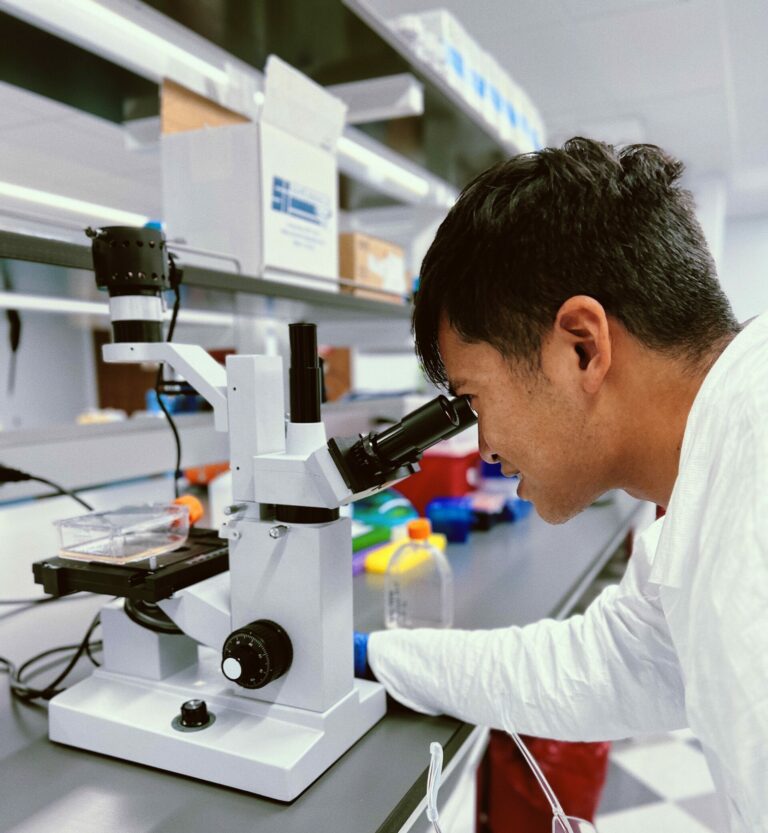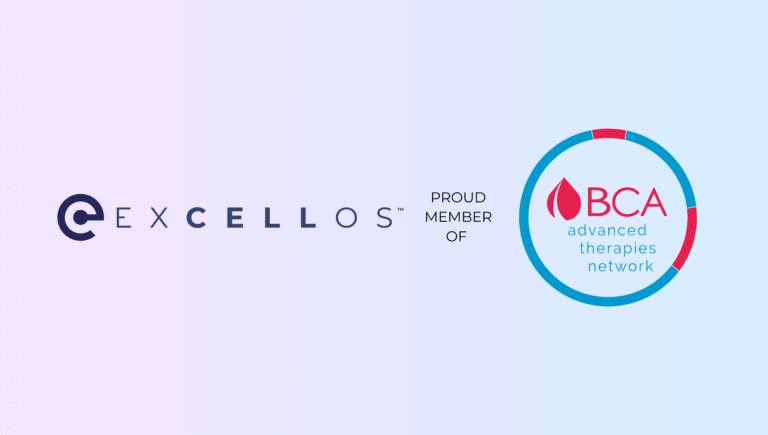American Association for Cancer Research (AACR) held their 2024 annual meeting in San Diego CA. This conference served as a platform for groundbreaking advancements in allogeneic cell therapy highlighted across a range of diseases.
Safeguarding allogeneic cell therapy products
Among the noteworthy developments were discoveries from Century Therapeutics whose presentation of preclinical data revealed a novel strategy for safeguarding allogeneic cell therapy products. By combining over-expression of HLA-E and HLA-G , Century Therapeutics demonstrated significant protection of iPSC-derived cells against donor PBMCs thus potentially circumventing rejection mechanisms. This breakthrough holds promise for enabling repeat dosing without the risk of rejection, thereby possibly leading to deeper and more durable responses.
Allogeneic engineered T-cell product
In parallel Tr1X, Inc. fielded a press release announcing the U.S. Food and Drug Administration acceptance for their TRX103 IND application. TRX103, an allogeneic engineered T-cell product sourced from healthy donors, represents a pivotal milestone in the quest to combat Graft versus Host Disease (GvHD). With it’s “potential to reset immune systems to a healthy state”, TRX103 signals a benchmark in the management of this complication, offering renewed hope for patients undergoing allogeneic cell therapy.
New data from Phase 1 study
Poseida Therapeutics, Inc. contributed to the discourse by announcing new data from its Phase 1 study of P-BCMA-ALL01 with patients having relapsed/refractory multiple myeloma. While the progression observed in three out of the five (60%) patients underscores the challenges inherent in treating this recalcitrant malignancy, the overall tolerability of P-BCMA-ALL01 signals a glimmer of optimism. These findings underscore the urgent need for continued research and innovation to address the unmet needs of patients battling multiple myeloma.
Efficacy and safety studies of allogeneic CAR T-cell therapy
Furthermore, Dr. Srour from The University of Texas MD Anderson Cancer Center shared insights gathered from efficacy and safety studies of allogeneic CAR T-cell therapy CTX130 in patients with advanced clear cell renal cell carcinoma (ccRCC). With a cohort size of 16 patients, the updated study unveiled a reassuring absence of dose-limiting toxicities, immune effector cell-associated neurotoxicity syndrome (ICANS), GvHD, or hemophagocytic lymphohistiocytosis (HLH). These findings underscore the growing potential of allogeneic CAR T-cell therapy as a viable therapeutic modality for patients confronted with ccRCC, offering a ray of hope in the battle against this formidable malignancy.
Donor selection for allogeneic cell therapy
Among these groundbreaking advancements, the pivotal role of donor selection for allogeneic cell therapy is critical. Excellos is ready to empower researchers with a comprehensive suite of solutions tailored to their unique needs. From a broad range of custom-sourced donors to state-of-the-art, cGMP production facilities, Excellos supplies researchers with the necessary tools. The provision of comprehensive donor profiles for each donor ensures adherence to quality standards, thereby enhancing the safety and efficacy of allogeneic cell therapy interventions.
In summation, the 2024 AACR meeting in San Diego bore witness to a convergence of cutting-edge research and innovation in the realm of allogeneic cell therapy. From pioneering evasion strategies to novel therapeutic modalities, these advancements collectively underscore the transformative potential of allogeneic cell therapy in revolutionizing the landscape of cancer treatment.
Learn More about our services, or contact us to discuss how we can help you with your allogeneic cell therapy research journey.

